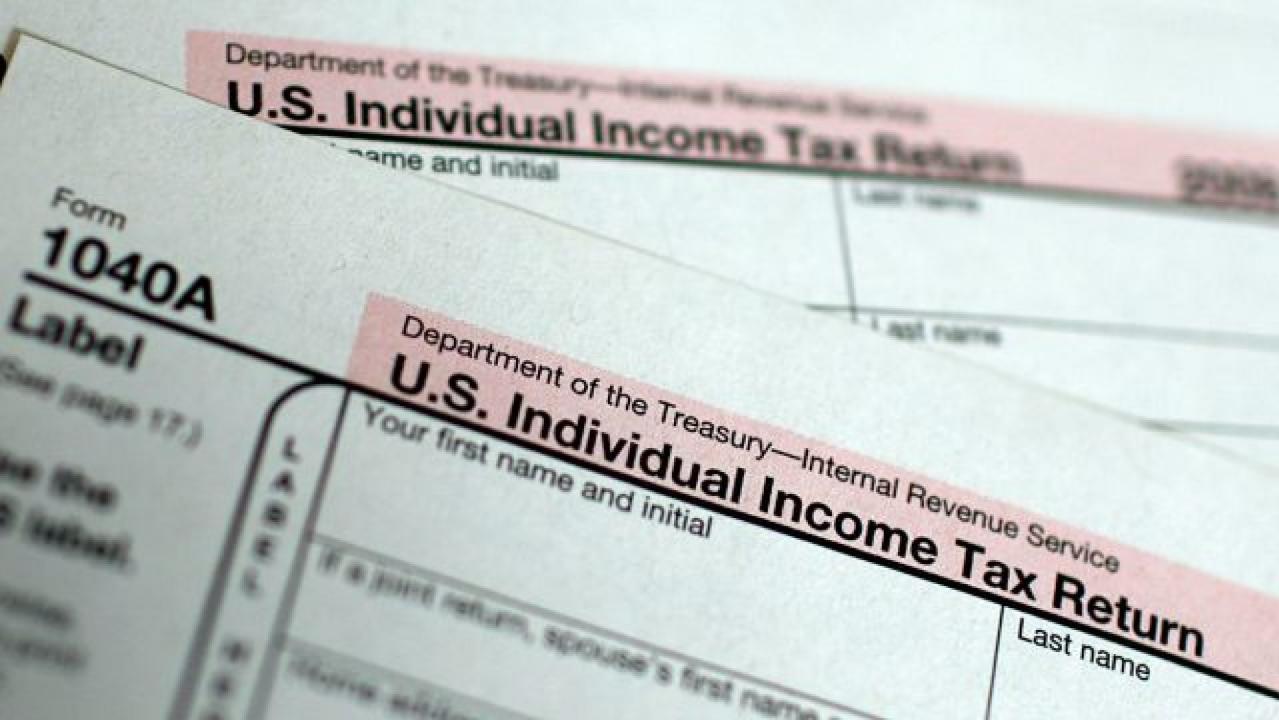Massive IRS refund a mistake? Here’s what to do
While many Americans are up in arms about potentially receiving smaller tax refunds this season, there are always those rare cases where an individual may get an extra-large refund from the Internal Revenue Service – by mistake.
An “erroneous refund” is defined by the IRS as “the receipt of any money from the service to which the recipient is not entitled." It doesn’t matter whether the error was made by the taxpayer, a third party or the agency.
The recipient of an erroneous refund has a “legal obligation” to repay the amount to the IRS. And the sooner the better – holding onto the money for too long could actually result in the need to pay interest or penalties.
"If you receive a larger refund than expected the worst thing you can do is go on a spending spree," Jeff Warnkin, a CPA at The JL Smith Group, told FOX Business. "The best course of action is to contact the IRS immediately and explain the situation so you can arrange the return of the funds as soon as possible."
The IRS recommends voiding the check and submitting it to the agency within 21 days along with a note that says “return of erroneous refund check” along with a brief explanation. For a direct deposit, contact the financial institution and ask them to return the refund to the IRS and call the IRS to explain why the money is being returned.
If you find yourself in a situation where you think your refund may be too good to be true, it’s better to be safe than sorry and check with the agency before you spend the cash.
The IRS recently seized a Lexus and $919,250 from a Florida man who received a refund of $980,000 on reported income of $18,497, after claiming $1 million in federal income tax withholding, according to the Tampa Bay Times.
One California man actually landed in jail after he used a $110,000 tax refund – intended for someone else – to pay off some of his debt and loans.
CLICK HERE TO GET THE FOX BUSINESS APP
On some occasions, the IRS could find a mistake in your calculations, resulting in a larger return than you were expecting. But it typically will also send you a notice explaining why.
According to data released by the IRS, the average refund so far during the 2018 filing season is $1,865, compared to $2,035 last year – a decline of 8.4 percent.




















